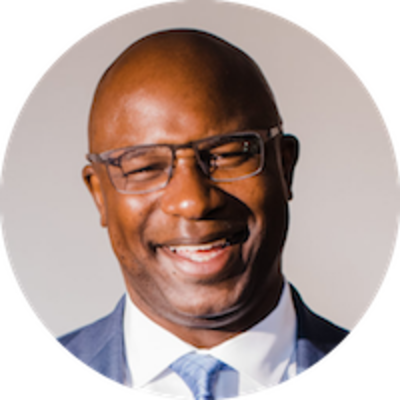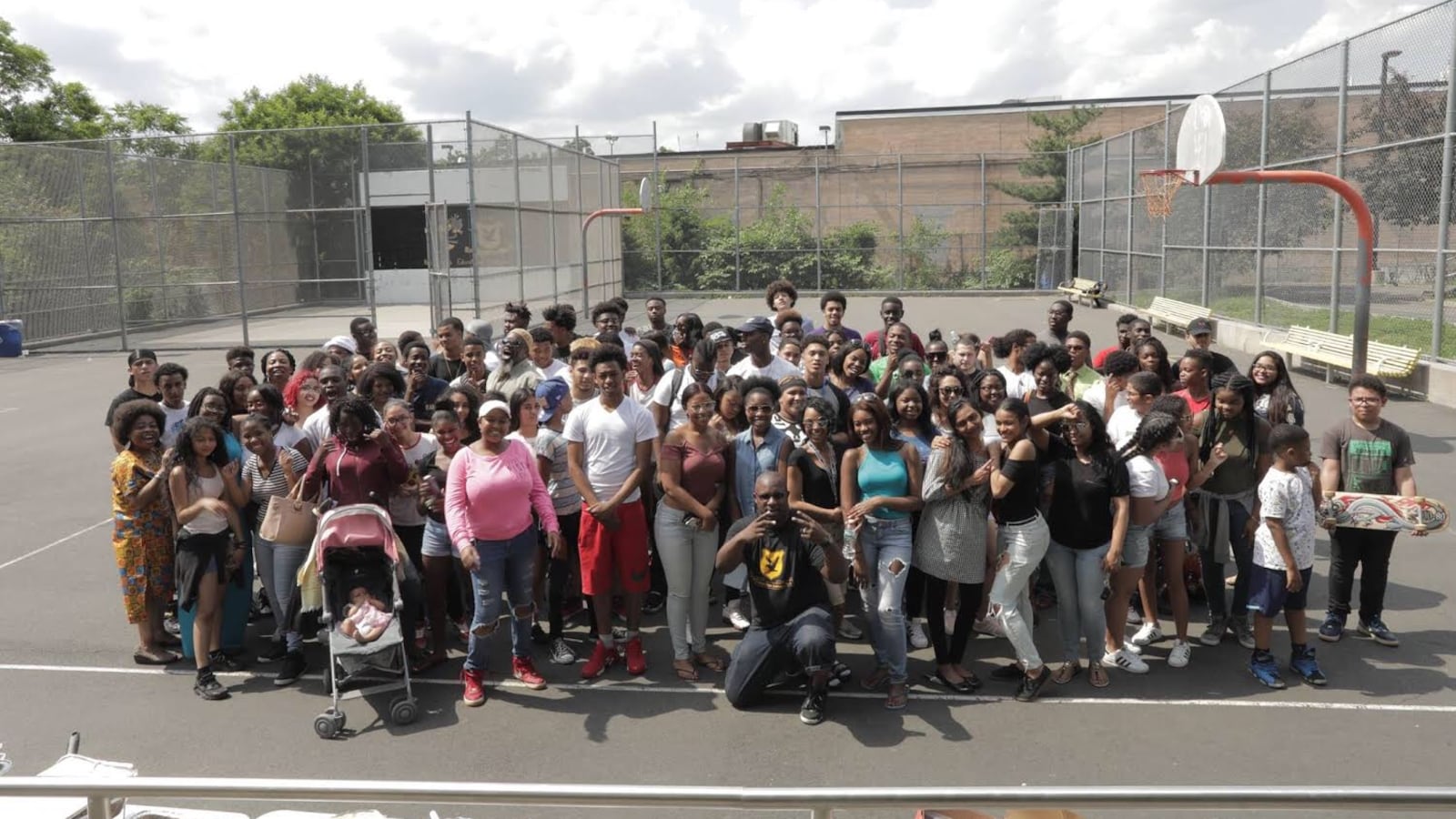
The majority of American children have been traumatized by the American political and economic system. And if you’re black, brown, or poor, the trauma is more pronounced.
As a middle school principal in the Bronx, I personally experienced the suffering of my students and families and the secondary trauma of school staff. My school’s current PTA president lost her son to gun violence, and our former PTA president lives in a rodent-infested shelter with her five kids. We have had multiple students suffer from anxiety and depression, who have been hospitalized due to suicidal ideation. I’ve personally driven around the Bronx through the night, to help families find children who have run away from home. The trauma in our communities is overwhelming, which is one reason why so many teachers leave the profession within three years.
I had been trying to make a difference as a school leader, but I saw that the problems in my community have deep and wide roots. Wherever there exist schools with poor test scores and unsafe conditions, we have to look at the local, state, and federal context.
Are the schools properly resourced and properly funded? Have our elected leaders done what is necessary to reverse the impact of racism, classism, and social Darwinism on education outcomes? Has America reckoned with itself concerning the ugly history that has created the crippling inequality in our neighborhoods? And is anyone thinking about how to help these communities — and especially their children — navigate the trauma inflicted upon them?
The bottom line is: America doesn’t have a public education problem. America has a values problem. We have never valued the poor. We have never valued immigrants. We have never valued the Black and Latinx community, women, children with special needs, or English language learners. From slavery, to Jim Crow, to redlining, we have continuously nurtured systems of oppression that have created an education apartheid system. We value concentrated wealth and the military-industrial complex. We don’t value the very people we have oppressed and disenfranchised.
I witnessed these misplaced values everyday as a principal. Class sizes would often balloon to 34 students. Our speech and language teacher was forced to work out of a locker room. Monday morning might begin with a student sharing that her father was murdered over the weekend. I had parents sharing the death of the other parent, while also disclosing sexual abuse in the household.
This is the norm for many educators. We are dealing with secondary trauma on a daily basis. The learning and behavioral challenges we see are often a manifestation of the challenges our students face beyond the school walls.
As a member of Congress, I would advance policies that center public health and a holistic approach toward decreasing the trauma in the lives of our most vulnerable children and families. Our homes guarantee would provide housing stability for the millions of families who struggle with housing insecurity across the country. Medicare for All would cancel medical debt while providing optical, dental, and mental health support, as well as long term care to ensure that we are taking care of our seniors, all without the stress of copays and mountains of paperwork. Finally, addressing the issue of economic inequality which, as part of a Green New Deal, would include jobs, job training, local organic farming, a family-sustaining minimum wage, and workers rights. Housing, healthcare, and adequate jobs would create nurturing communities of well-being so that children and families can not just survive, but thrive in school and beyond. Despite these challenges, children families and teachers literally make miracles everyday.
Society changes when the working class and the disenfranchised are leading the movement. When the historically marginalized are running for office and building coalitions, we are doing the work of realigning our values.
If we are serious about properly educating all children, we must get serious about how our policies inflict toxic stress and chronic trauma on the majority of America’s children, and we must embrace our beautiful diversity of intelligence. Let us no longer allow our obsession with competition and concentrated power destroy our humanity. Let us finally come together in cooperation and a shared purpose to educate every child, and leverage our collective intelligence toward solving the world’s problems.
Let our education system be driven by the values of well-being for our communities. We must ensure that our children and families have access to exemplary healthcare, universal childcare, affordable and dignified housing, healthy food options, jobs and job training, clean and safe play areas, sports, the arts, museums, and most importantly, fully resourced schools that educate the whole child. Only then will we fulfill our ideals as a nation, solve our values problem, and give every child an opportunity to thrive. That’s the world I want for my students, their families, and the educators who are working with them now.
Jamaal Bowman is the former principal of Cornerstone Academy for Social Action in the Bronx and a candidate for Congress in New York’s 16th District.
About our First Person series:
First Person is where Chalkbeat features personal essays by educators, students, parents, and others trying to improve public education. Read our submission guidelines here.

